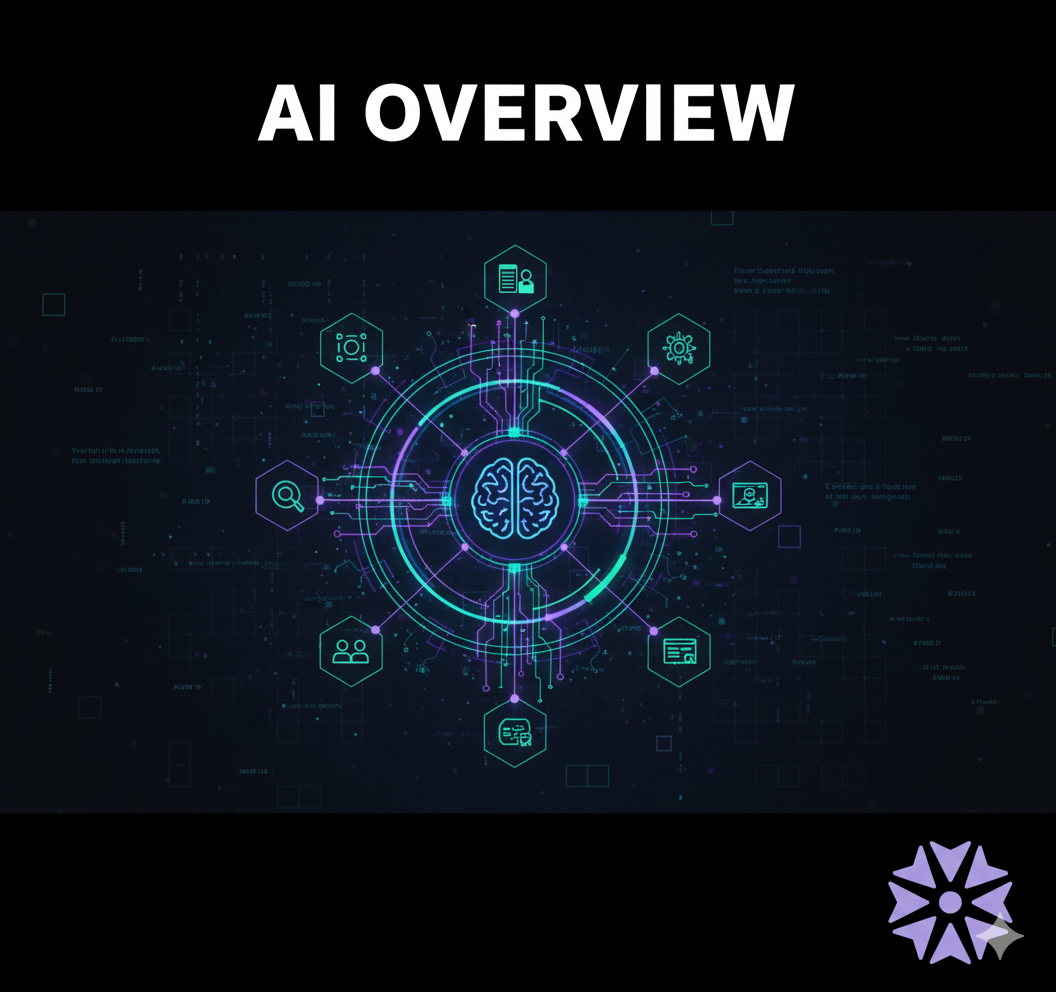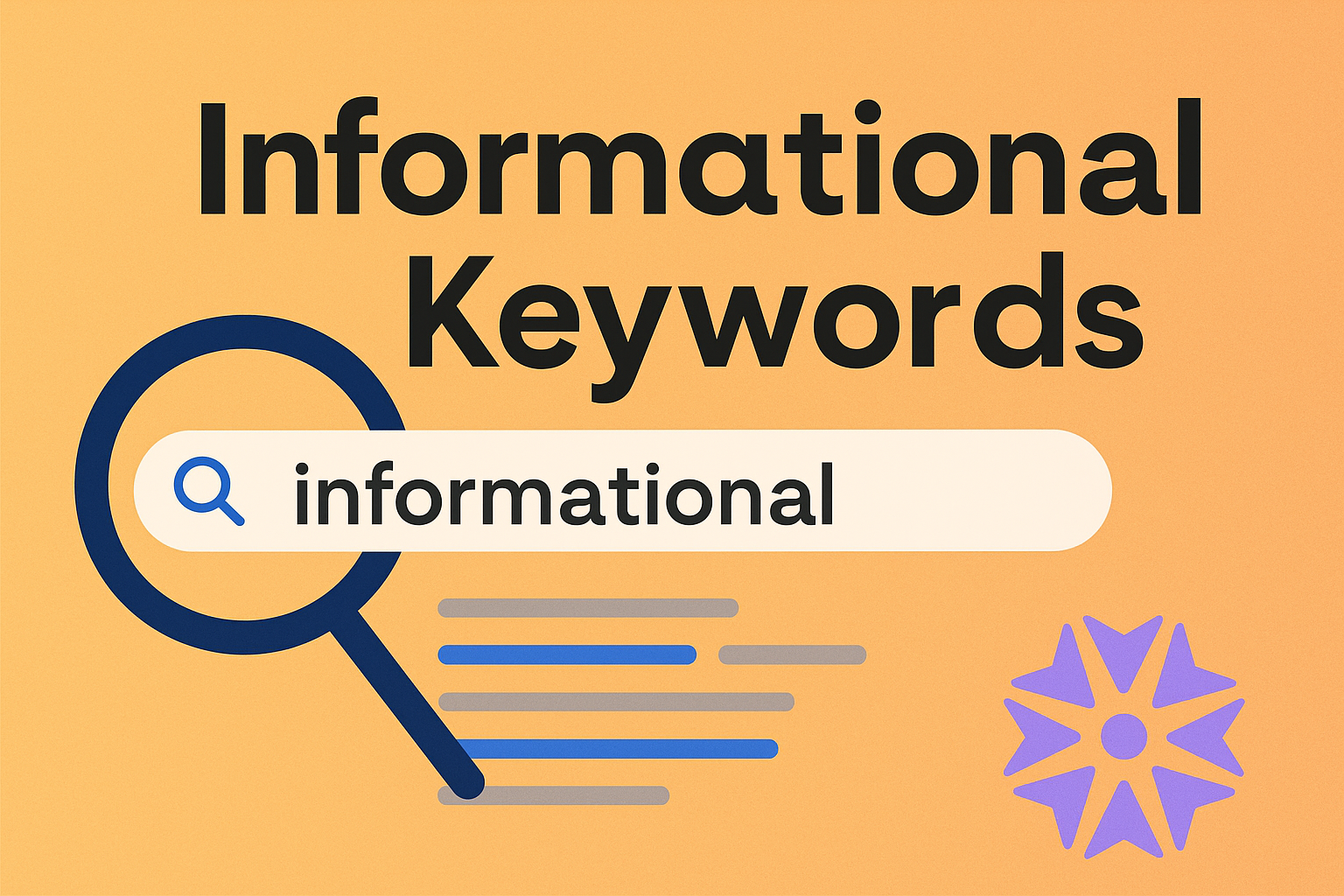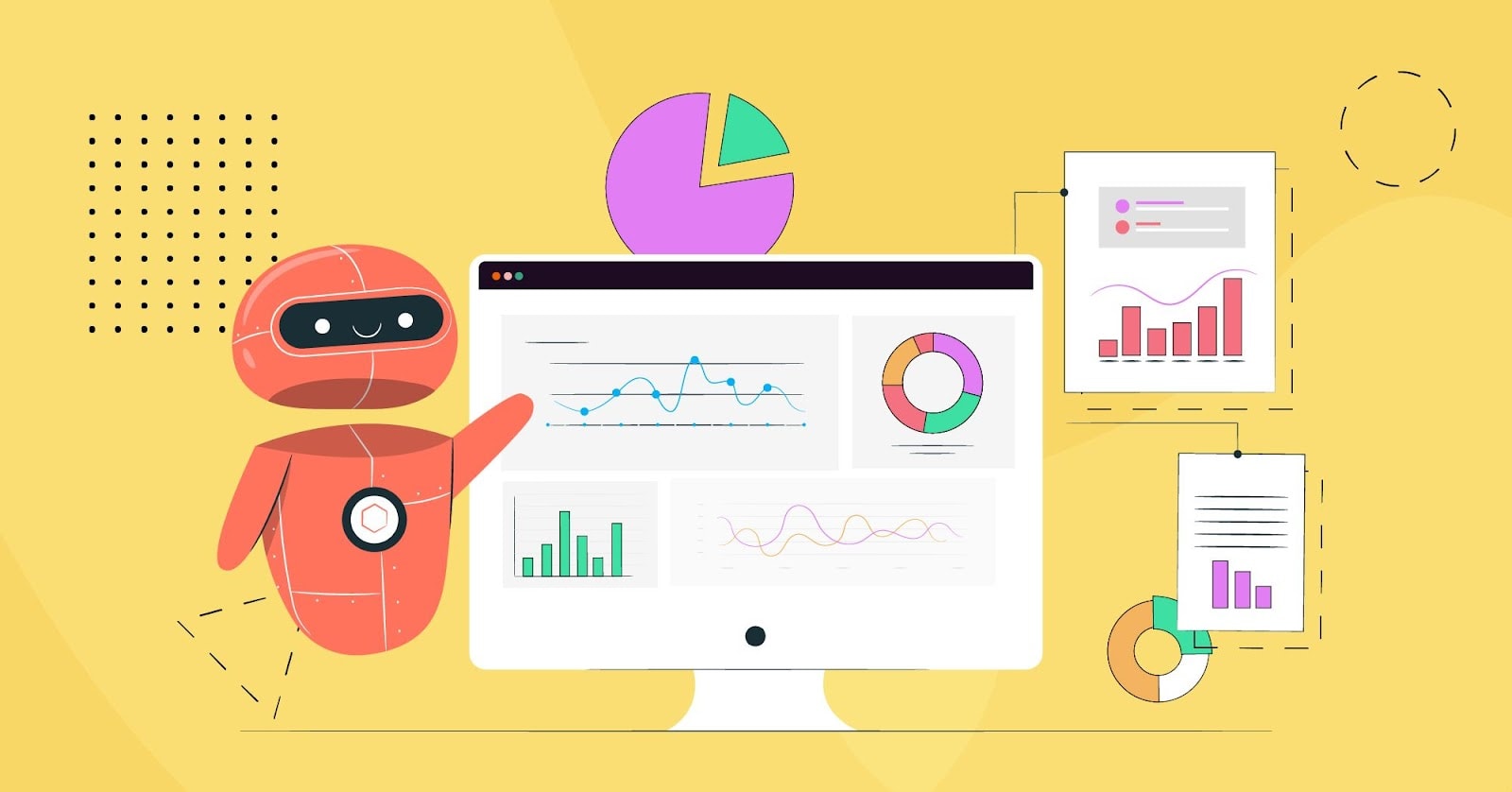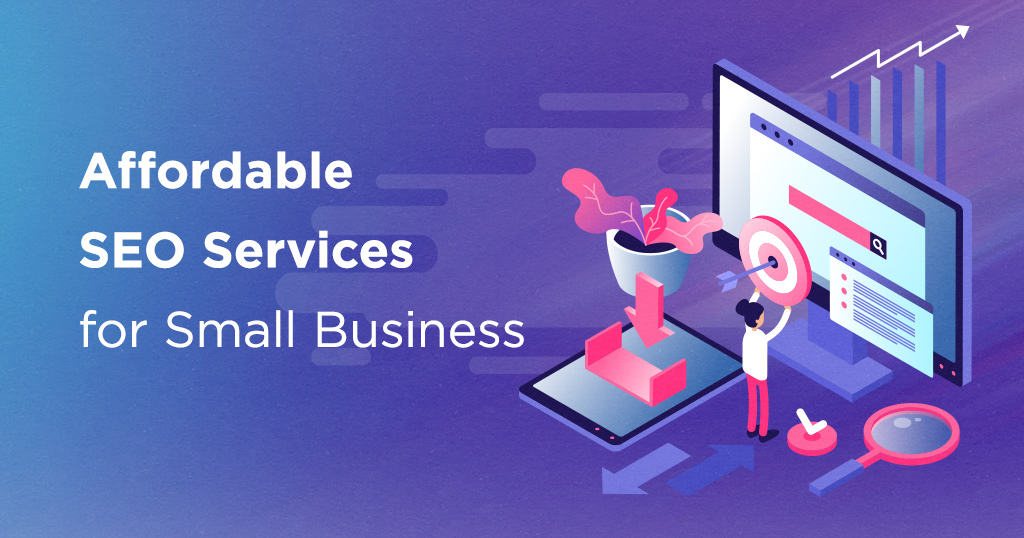
You've probably noticed something new at the top of your Google search results lately. Instead of the usual list of blue links, a neatly organized summary sometimes appears, giving you a direct answer to your question. This is the AI overview, Google's latest evolution in search, and it's changing the way we find information.
So, what exactly is an AI overview, and what does it mean for you as a searcher or a website owner? Let's break it down.
What Exactly Is a Google AI Overview?
A Google AI overview is a summary generated by artificial intelligence that appears at the top of the search results page. Think of it like a supercharged featured snippet. Instead of pulling an excerpt from a single webpage, Google's AI reads and synthesizes information from multiple relevant sources across the web to give you a quick, comprehensive answer. If you're new to how AI intersects with search strategy, check out our beginner's guide to AI SEO.
Each ai overview highlights the key points and facts related to your query and includes links to the websites it used for information. This allows you to "dig deeper" into the sources to verify facts or learn more. Google's goal is to help you find what you're for faster, especially for complex questions that would typically require visiting several different sites.
Early data suggests this approach is working. People who use the AI summaries tend to report higher satisfaction with their search experience and often click through to the cited websites for more detail.
When and Where Do AI Overviews Appear?
You won't see an ai overview for every single search you perform. Google's systems display one only when they determine a generative summary would be particularly helpful.
This usually happens with more complex or open ended questions. For example, a search like "planning a three day trip to Austin with a toddler" is more likely to trigger an ai overview than a simple factual query like "capital of Texas." In fact, early testers of the feature asked questions that were roughly twice as long as typical search queries.
AI Overviews aren't limited to text searches either. They are increasingly appearing in multimodal searches, where you search using an image or video. With features like Google Lens or Circle to Search, you can highlight an object on your screen, and Google can generate an ai overview explaining what it is, complete with links to learn more.
While the feature is still evolving, researchers in 2024 observed an ai overview appearing in roughly one out of every ten Google searches, a number that is expected to continue growing. Planning content for these longer, more specific queries? See our top SEO tools to catapult your rankings.
How Does an AI Overview Work (and What Are the Downsides)?
Behind every ai overview is a powerful generative AI model. When you search, the AI analyzes information from a wide range of indexed web pages, identifies the most important points, and pieces them together into a coherent summary.
To ensure accuracy, the AI attempts to "ground" its answers in the content it finds on the web, which is why it provides citations. These links back to the original articles and blog posts are a core part of the experience, designed to maintain transparency and drive traffic to publishers.
Known Limitations
Because this technology is still new, it's not perfect. Google is upfront about the limitations, warning users that the information in an ai overview can sometimes be inaccurate. The AI can occasionally misinterpret information or "hallucinate" facts that aren't true. That's why Google explicitly states that "AI Overviews can and will make mistakes."
To combat this, Google is constantly refining its systems, anchoring them in the same quality and safety standards that govern its regular search results. For instance, after some initial criticism, an update improved the authority of sources used for health related queries, prioritizing more reputable medical websites. This shows that Google's AI is being trained to value expertise and trustworthiness, just like its core ranking algorithms.
AI Overviews for Website Owners: How to Get Featured
If you own a website, you're probably wondering how you can get your content featured in an ai overview. The good news is that there's no special secret or technical requirement. Any webpage that Google has indexed is eligible to be included.
Your best strategy is to focus on SEO fundamentals.
- Create High Quality Content: Write helpful, reliable, people first content that thoroughly answers your audience's questions.
- Build Authority: Establish your site as a trustworthy source in your niche through expertise and quality information.
- Structure Your Content: Use clear headings, short paragraphs, and lists to make your content easy for both humans and AI to understand and parse. Use this on-page SEO checklist to cover the essentials.
Interestingly, you don't even need to rank on page one to be cited in an ai overview. The AI can pull highly relevant information from pages lower in the search results if it provides a great answer.
Keeping up with technical SEO and creating consistent, high quality content can be a major challenge for small businesses. This is where a fully managed SEO solution can make a difference. Platforms like RankAI combine expert strategy with AI to handle everything from technical audits and keyword research to content optimization, ensuring your site meets Google's standards for both traditional and AI driven search.
How to Track the Impact of an AI Overview on Your Traffic
So, how does being featured in an ai overview affect your website traffic? According to Google, any clicks and impressions you receive from an ai overview are included in your standard web search data in Google Search Console.
However, there is currently no separate filter or report in Search Console to isolate traffic coming specifically from an ai overview. These SEO reporting tools can help you build a proxy view of AI Overview impacts. This makes it a bit tricky to measure the direct impact.
While some users may get their answer from the summary without clicking, Google has reported a positive side effect: the clicks that do come from an ai overview tend to be from more engaged users. These visitors often spend more time on the site, likely because the summary gave them a good preview of what to expect.
Without a dedicated report, understanding these shifts requires careful analysis of your performance data—pair Search Console with rank tracking tools to spot movement across queries likely to trigger AI summaries. If that sounds like a headache, remember that RankAI's managed SEO service includes clear monthly reports and dashboard analytics to help you make sense of your performance. Our experts can help you interpret traffic changes and adjust your strategy in response to new features like the ai overview.
User Controls: Can You Turn Off AI Overviews?
If you prefer the traditional list of links, you can't permanently turn off the ai overview feature in your settings. However, you do have control on a search by search basis.
When an ai overview appears, you will see a "Web" filter button at the top of the results. Clicking this filter will reload the page to show only the classic web links, hiding the AI summary for that specific search.
Google also encourages feedback. At the bottom of every ai overview, you'll find thumbs up and thumbs down icons. Providing feedback, especially for inaccurate or unhelpful summaries, helps Google's team refine and improve the system.
Controlling Your Content in an AI Overview (For Site Owners)
What if you don't want your content appearing in an ai overview? Google provides website owners with control through the same directives used for regular search snippets.
- `nosnippet`: This meta tag tells Google not to show any text snippet from your page, which also prevents it from being used in an ai overview.
- `max-snippet:[number]`: This lets you set a maximum character length for snippets. A very short length may discourage its use in a detailed summary.
- `data-nosnippet`: This HTML attribute lets you block specific parts of your page from being used as a snippet.
Using these preview controls gives you the power to manage how your content is represented. If you implement one and your content still appears, use the URL Inspection tool in Search Console to ensure Google has seen the change and allow a few days for the index to update.
Navigating these technical settings and keeping up with Google's rapid changes can be overwhelming. SEO partners like RankAI handle these details for you, ensuring your site's technical health is aligned with Google's latest guidelines. With an expert team managing your SEO, you can focus on your business with confidence.
Frequently Asked Questions
What is a Google AI overview?
An AI overview is an AI generated summary that appears at the top of some Google search results. It synthesizes information from multiple websites to provide a quick, direct answer to a user's question.
Can I turn off the AI overview feature?
You cannot turn them off permanently. However, for any search that shows an ai overview, you can click the "Web" filter at the top of the page to see a traditional list of web links instead.
How do I get my website featured in an AI overview?
Focus on solid SEO practices. Create high quality, authoritative content that is well structured and clearly answers common questions in your niche. Ensure your site is technically sound and easily crawlable by Google.
Do AI overviews hurt website traffic?
The impact is still being studied. While they might answer some questions without requiring a click, Google reports that the traffic that does come from an ai overview is often more engaged and higher quality.
Are AI overviews always accurate?
No. Google acknowledges that generative AI is an emerging technology and that these summaries can and will make mistakes. It's always a good idea to cross reference important information with the linked sources.
How is an AI overview different from a featured snippet?
A featured snippet typically pulls a direct quote or list from a single webpage. An AI overview is more advanced; it combines and synthesizes information from multiple different web sources to create a new, comprehensive summary.


